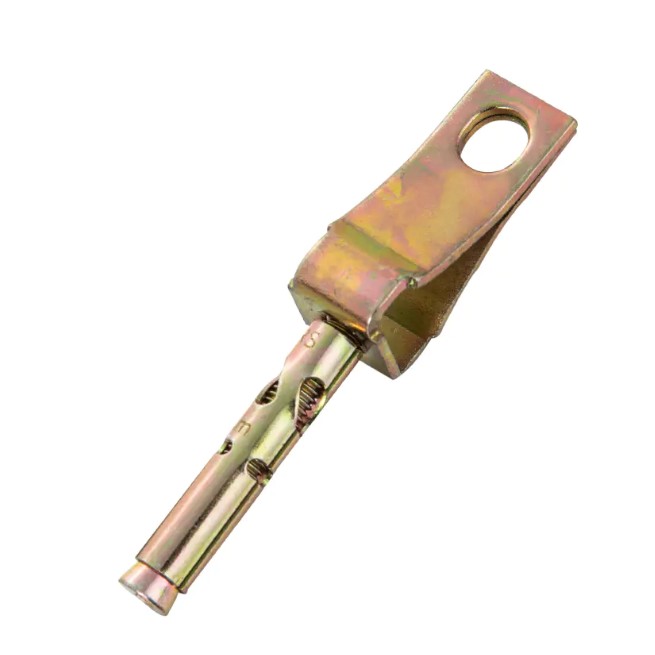Stamping fasteners can indeed be an ideal solution for lightweight construction projects, offering a range of benefits that align well with the specific requirements of such applications.
The cost-effective nature of the stamping process makes it particularly advantageous for large-scale production, allowing for the efficient creation of significant quantities of fasteners at a reasonable cost. This economic advantage can be crucial in lightweight construction projects where cost considerations play a significant role.
Stamping excels in working with lightweight materials, such as aluminum or thin steel sheets. This aligns seamlessly with the objectives of lightweight construction projects, where the emphasis is on achieving structural strength without unnecessary weight.

Precision and consistency are paramount in construction projects, and stamping delivers on both fronts. The process allows for the creation of fasteners with high precision and uniformity, critical factors in ensuring that components fit together precisely and that the overall structure maintains integrity.
Versatility in design is another key feature of stamped fasteners. The process allows for the creation of fasteners with various shapes and configurations, accommodating the diverse and often custom requirements that arise in lightweight construction projects.
Ease of assembly is a practical consideration in any construction project. Stamping fasteners can be designed with assembly efficiency in mind, contributing to streamlined processes and potentially reducing overall project timelines.
Furthermore, stamped fasteners offer the advantage of reduced material waste, as the manufacturing process is designed to optimize the use of metal sheets. This efficiency aligns with sustainable practices and is valuable in projects with an emphasis on eco-friendly construction.
Corrosion resistance is a critical factor in construction, especially for outdoor or exposed applications. Stamping allows for the design of fasteners that can offer corrosion resistance, contributing to the longevity and durability of the construction project.
The applicability of stamping to thin materials further enhances its suitability for lightweight construction projects. The process can efficiently produce fasteners that complement the thin materials often used in these projects.
While stamped fasteners present numerous advantages for lightweight construction projects, it's important to carefully assess specific project requirements. Factors such as load-bearing capacity, environmental conditions, and material preferences will play a crucial role in determining whether stamping fasteners are the most suitable and effective solution for a given construction project. Consulting with experts in materials engineering or fastener specialists can provide valuable insights tailored to the unique needs of the project at hand.


 English
English





